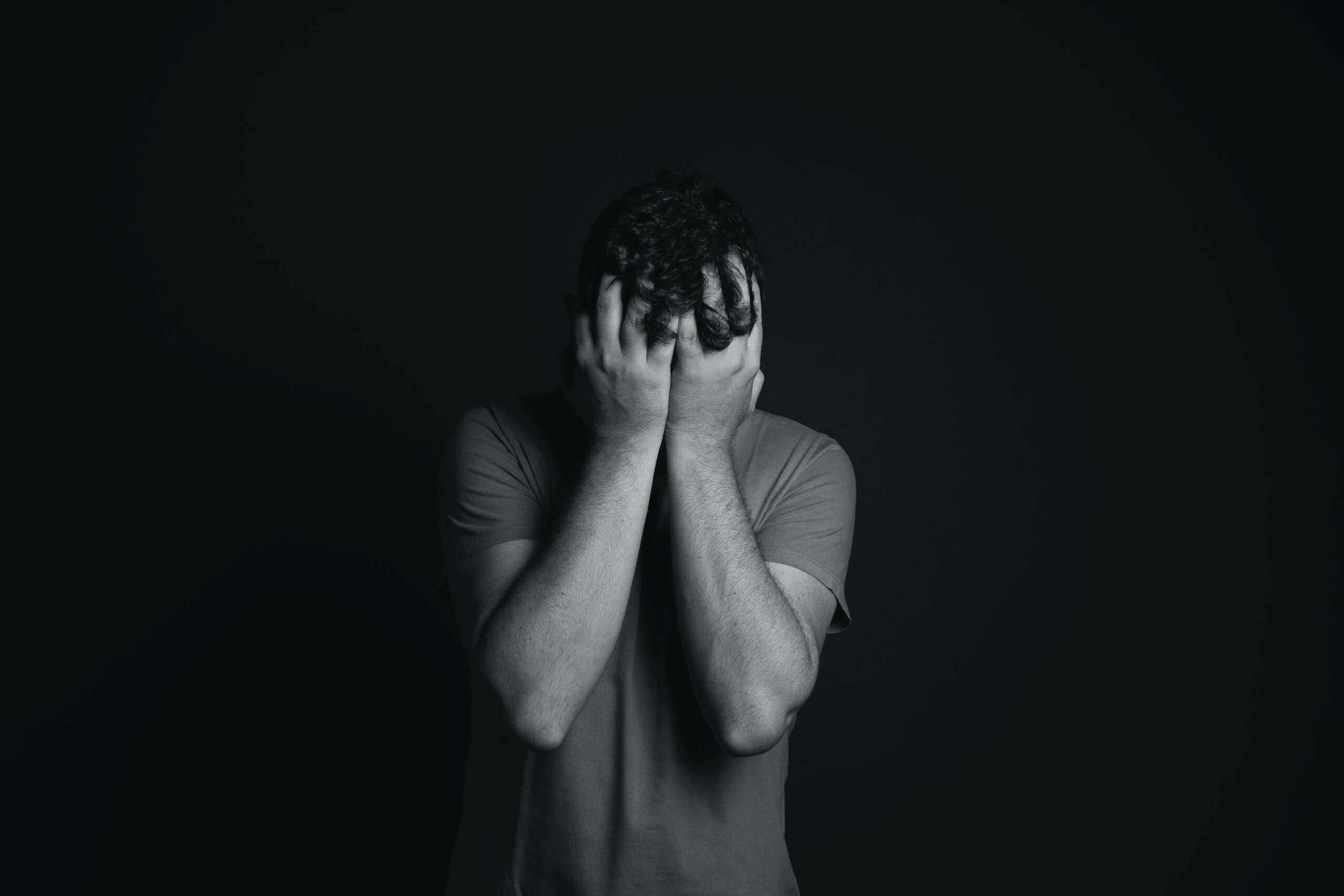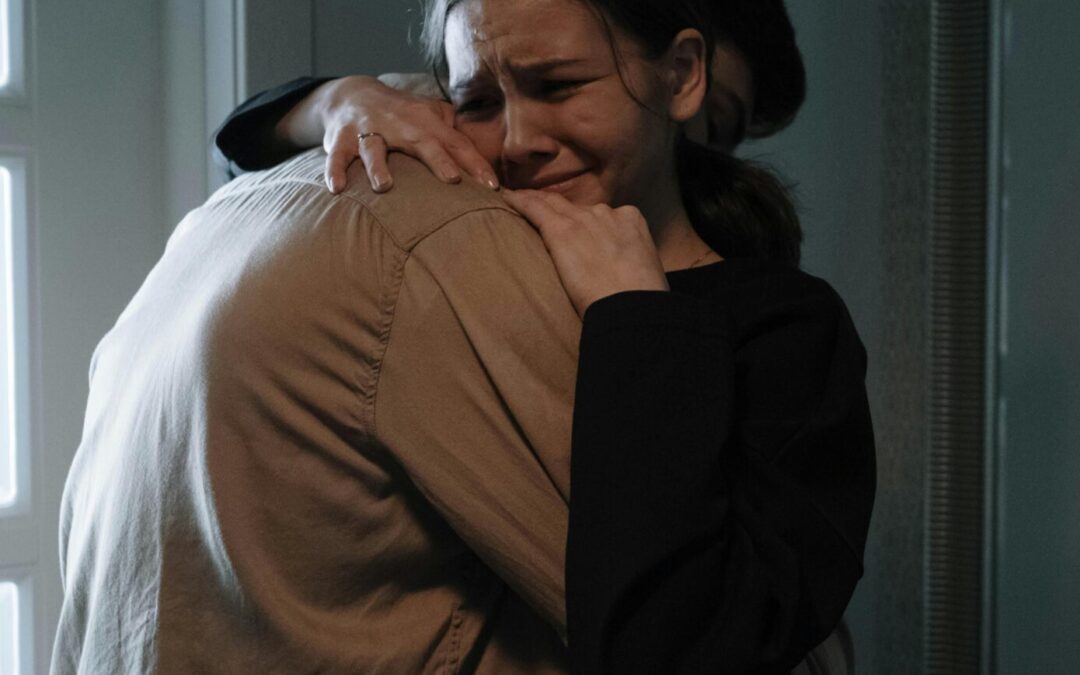our blogs
Current Post

Unraveling the Stigma of Post Traumatic Stress Disorder (PTSD)
Kali Kerstetter MSW, LSW
Counselor, Insight Clinical Counseling and Wellness, LLC
When I sat down to write this, I was so overwhelmed with direction and the purpose of this. Then my thought was, “Well, if I feel like this, I wonder how others feel?” That’s when I decided I wanted this post to be informational and broken down in a way that removes the big scary from PTSD.
One thing that has become normal in general conversation amongst friends is saying “OMG that gives me PTSD.” In that context, it probably means the person is experiencing negative feelings from a prior experience, but that isn’t all PTSD is.
Post Traumatic Stress Disorder (PTSD) is a complex psychological condition that can affect individuals who have experienced or witnessed traumatic events. PTSD can have a profound impact on a person’s well-being, relationships, and overall quality of life. We will explore the various aspects of PTSD, such as its symptoms, treatments, and potential outcomes. By understanding the ins and outs of this disorder, we are taking a step to being more aware but also being better at supporting those who are affected by it.
PTSD symptoms can manifest in various ways, often overlapping with other mental health conditions. There are 4 categories that symptoms fall into: intrusive memories, avoidance, negative changes in thoughts and mood, and changes in physical and emotional reactions. The most important symptoms include intrusive thoughts or memories, nightmares, flashbacks, and severe emotional distress when exposed to reminders of the traumatic event. Individuals with PTSD may also experience being easily startled, having difficulty sleeping, or constantly feeling on edge. Additionally, they may exhibit avoidance behaviors, avoiding places, people, or situations that trigger traumatic memories. See how those symptoms fall into the categories mentioned above? It is also important to note; not every person who experiences PTSD, will experience every symptom mentioned in this article. Just like cookies – everyone is unique!
As a result of intense reactions, it can feel like an emotional rollercoaster. The emotional rollercoaster can take a toll on one’s emotional well-being. Many individuals with PTSD experience intense feelings of fear, anxiety, anger, guilt, and sadness. These emotions can be overwhelming and may lead to a reduced ability to experience positive emotions like joy or happiness, causing a sense of emotional numbness. The unpredictable nature of these emotions can strain relationships, leading to social isolation and a diminished support system. Even further, PTSD can significantly disrupt an individual’s daily life. Concentration and memory difficulties are common, making it challenging to focus at work or school. The condition can also affect decision-making abilities, leading to impaired judgment. Moreover, PTSD often gives rise to physical symptoms such as headaches, gastrointestinal problems, and chronic pain, further compromising one’s ability to function optimally.
PTSD can develop after a wide range of traumatic events, including natural disasters, accidents, physical or sexual assault, military combat, train derailments or witnessing violence. Not everyone who experiences trauma will develop PTSD, as individual resilience and coping mechanisms play a key role. Resilience is the process and outcome of successfully adapting to challenging life experiences, especially through mental, emotional, and behavioral flexibility as well as adjustment to other life demands.
If you are concerned about yourself or someone you care about, seek professional help from a licensed professional. Receiving professional help is crucial for individuals with PTSD. Mental health professionals, such as licensed counselors, licensed social workers and psychiatrists are equipped with the knowledge and tools to diagnose and treat PTSD effectively. Treatment plans often involve a combination of therapy and medication. Cognitive-behavioral therapy (CBT) is widely recognized as an effective treatment for PTSD, as it helps individuals reframe their thoughts and develop coping strategies to manage their symptoms. Other treatments include Eye Movement Desensitization and Reprocessing (EMDR). EMDR was specifically designed to treat trauma. This therapy uses measured exposure to traumatic memories with alternating stimuli (eye movements are one of several options) in structured sessions with a health care professional certified to perform EMDR.
In addition to traditional therapy and medication, many individuals find relief through holistic approaches. These may include mindfulness techniques, meditation, yoga, and creative therapies such as art or music therapy. These holistic practices can provide individuals with PTSD alternative ways to express and manage their emotions, promote relaxation, and cultivate a sense of inner peace. Additionally, building a strong support system is important for individuals with PTSD. Connecting with others who have had similar experiences through support groups or online forums can provide a sense of validation, understanding, and community. Removing the feeling of being alone and isolated removes the stigma and allows those with PTSD symptoms to take a step further in their recovery. Trusted friends, family members, and loved ones can also play an essential role in providing emotional support and being a source of stability during difficult times.
While living with PTSD or supporting someone with PTSD can be challenging, it is essential to remember that recovery is possible. With the right support, treatment, and coping mechanisms, individuals can experience significant improvements in their symptoms and overall well-being. Recovery from PTSD is a unique journey for each individual (just like cookies!), and it may take time and patience. Through consistent self-care, therapy, and resilience, individuals can reclaim their lives and thrive despite their traumatic experiences.
Post Traumatic Stress Disorder is a complex condition that demands attention, understanding, and support. By shedding light on the inner workings of PTSD, we hope to foster greater empathy and knowledge surrounding PTSD. Let’s embrace those affected by PTSD with compassion and empower them to embark on a journey of recovery, resilience, and renewed hope!
Latest Posts

You Don’t Have to be a Monk to ‘Meditate’
So many of my clients have shared with me that meditation (mindfulness) coping skills ‘Don’t work for me!’ or ‘They make my anxiety worse!’ or ‘I could never sit and think about nothing!’ Maybe you can relate? For most of us, when we think of meditating, we think of a monk sitting cross legged on the floor experiencing a state of quiet and focus. Honestly, that’s what comes to my mind too.

Secondary Infertility
Two years after our first child, my husband and I felt we were ready to add another to our family. Little did we know the second time around would be a very different experience. Long before trying for our second child, I recall having read an article about secondary infertility. It stuck with me, even though it wasn’t my reality yet. Secondary infertility is the inability to conceive or carry a baby to term after previously giving birth.

Narcissistic Abuse and Relationships
Social media and pop culture has recently brought awareness of narcissistic abuse into the light, making it the topic of podcasts, tv series, books, and day-to-day conversation. A lesser known term, antagonistic relational stress, which encompasses the feelings of helplessness, hopelessness, confusion, isolation, and invalidation when one is in a relationship with a psychologically harmful person.
Our Locations
Request Appointment
Contact

Copyright © 2025 Insight Clinical Counseling & Wellness, LLC. All Rights Reserved.

Our Locations
follow us
Instagram
Facebook
LinkedIn
